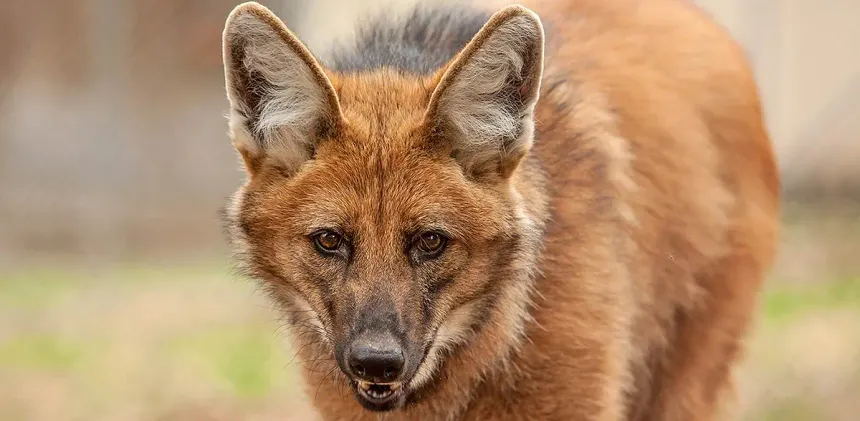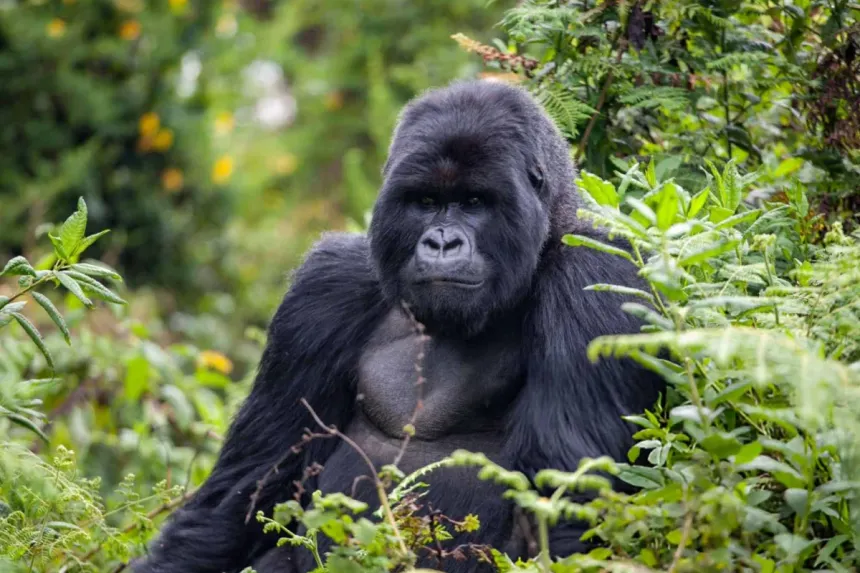“7 Fascinating Facts About Chimpanzees”
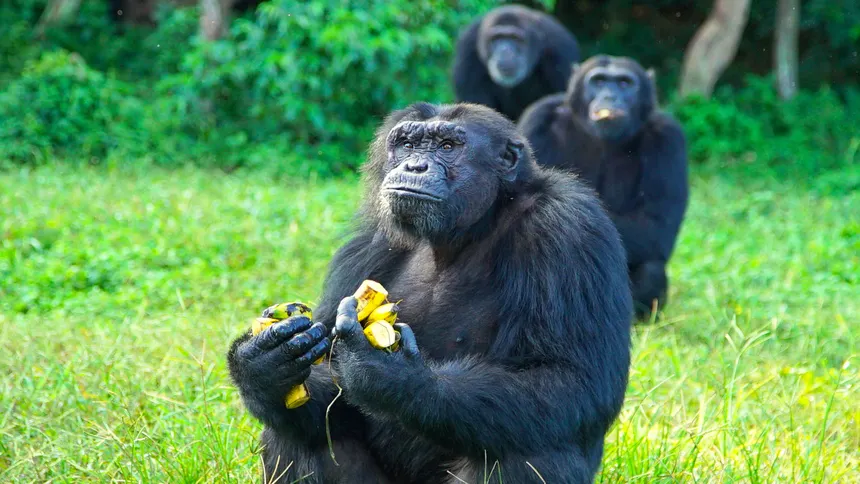
Chimpanzees (Pan troglodytes) are one of humanity’s closest living relatives, sharing about 98-99% of our DNA. These intelligent, social primates live in forests and savannas across central and western Africa. Studying chimpanzees gives us valuable insight into behavior, communication, and the roots of human evolution.
Here are 7 interesting facts about chimpanzees that highlight their remarkable lives.
1. Highly Intelligent Problem Solvers
Chimpanzees are renowned for their problem-solving skills. They use tools like sticks to fish for termites, rocks to crack nuts, and leaves as sponges to drink water. Their ability to plan and use objects shows advanced cognitive functions similar to young humans.
2. Complex Social Structures
Chimpanzees live in large communities of 20 to over 100 individuals, forming hierarchies led by an alpha male. These groups are dynamic, with social bonds strengthened by grooming, play, and cooperation.
3. Communication Beyond Words
Though they don’t speak human language, chimpanzees communicate with a rich variety of vocalizations, facial expressions, and gestures. Researchers have even taught captive chimps sign language basics and symbols, showing their capacity for symbolic communication.
4. Tool Use Varies by Region
Different chimp populations use different tools and methods, a sign of cultural variation. For example, some groups use sticks to extract ants, while others fashion spears to hunt small animals—demonstrating learned traditions passed through generations.
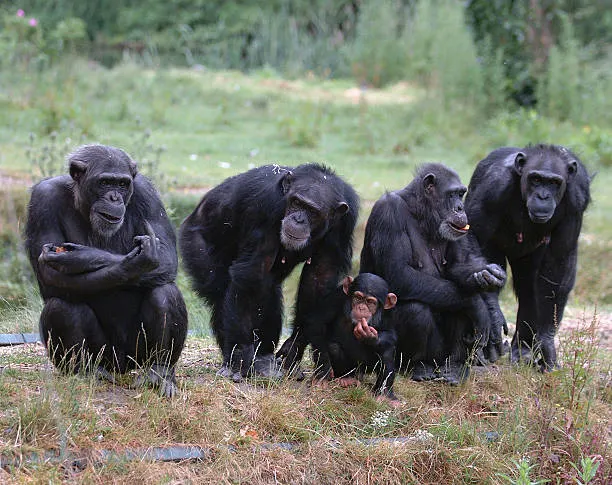
5. Close Family Bonds
Chimpanzees form strong family ties, especially between mothers and offspring. Mothers care for their babies for several years, teaching them essential survival skills and social behaviors.
6. Diet and Hunting
Primarily omnivorous, chimps eat fruits, leaves, insects, and occasionally hunt smaller mammals like monkeys. Hunting is often cooperative, with groups working together to catch prey—a rare example of collaborative hunting in non-human animals.
7. Threatened and Protected
Chimpanzees are listed as Endangered due to habitat loss, poaching, and disease. Conservation efforts focus on habitat preservation, anti-poaching laws, and community education to ensure their survival in the wild.
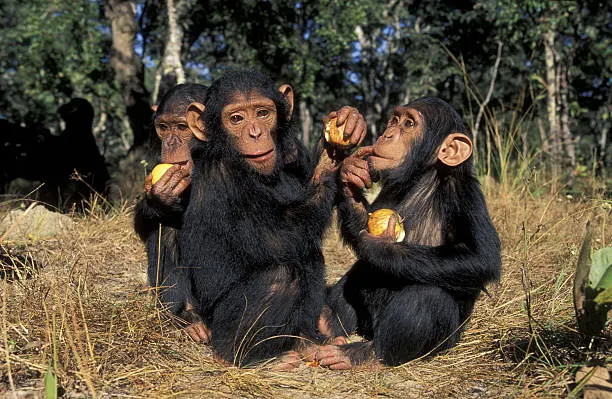
Conclusion: Understanding Our Closest Kin
Chimpanzees are not just fascinating animals—they hold clues about our own nature, social behaviors, and evolution. Protecting them means preserving a vital part of our planet’s biodiversity and understanding what it means to be human.



